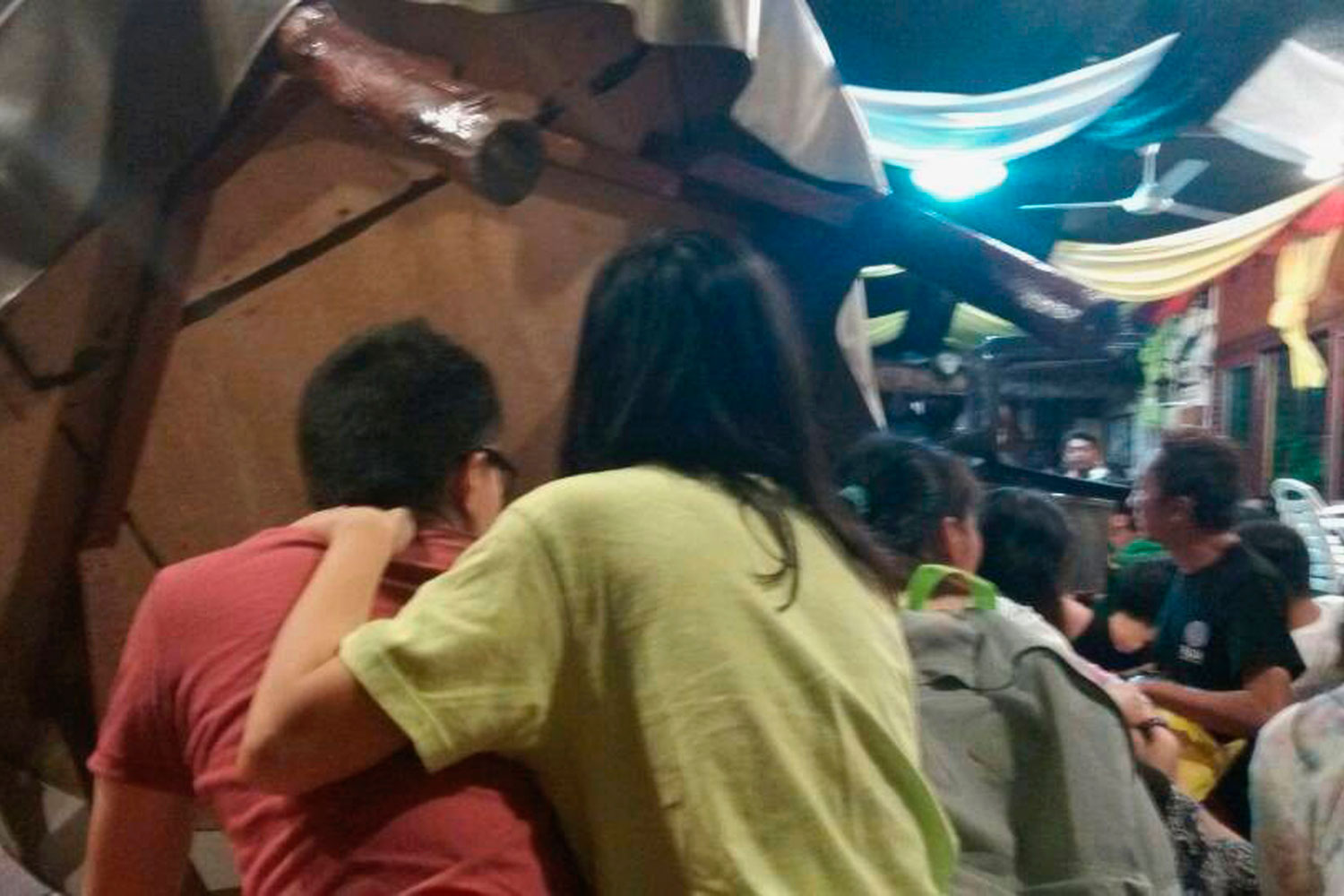
A Chinese tourist and Filipino staff member were kidnapped from a holiday resort in eastern Malaysia late Wednesday.
Terrified guests were left cowering behind furniture as five or six gunmen raided Singamata Reef Resort, in Sabah state on Borneo’s northeast coast, at around 10:30 p.m., reports Associated Press.
Gao Huayun, 29, from Shanghai, and an unnamed 40-year-old female receptionist were snatched as the raiders fled from the hotel jetty by boat. Around 50 armed security officials quickly arrived and guarded remaining guests in the resort’s main hall. All 61 holidaymakers — 59 of them Chinese nationals — left the following morning, although 10 new arrivals reportedly vowed to stay.
A hotel employee declined to provide further details when contacted Thursday morning. No ransom demands had been reported so far.
The raid is the latest such incident to blight Malaysia’s tourist destinations, which are already being shunned by Chinese travelers in the wake of the fallout over the missing Malaysia Airlines Flight 370 that vanished on March 8 with 153 Chinese nationals among its 227 passengers.
The kidnappings also come just as Sino-Malaysian relations are being tarnished by Beijing’s dissatisfaction over Kuala Lumpur’s handling of the investigation into MH370.
It remains unclear who is behind this latest incident. It is possible the abduction was the work of the Al-Qaeda-linked Abu Sayyaf terrorist group, based in the southern Philippines, which in only a short sail from Sabah. In December, the group was responsible for kidnapping a Taiwanese couple, and killing the husband, near to where this incident took place.
“I reckon that the current kidnapping crisis was done by the Abu Sayyaf or just plain bandits, who may or may not have links to the Abu Sayyaf,” says Joseph Franco, associate research fellow at Singapore’s Nanyang Technological University.
The southern Philippines is notorious for myriad armed groups with competing territorial claims that fund themselves with low-level criminal enterprise. In February last year, insurgents from nearby Sulu — an autonomous island province of the Philippiness that has a territorial claim to Sabah — seized a Malaysian village and dug in for a standoff that lasted three weeks. At least 26 people were killed following an armed response by Malaysian troops. Other bands of southern Filipino militants are currently holding more than a dozen people hostage, including two bird watchers from Europe who were seized from the island province of Tawi-Tawi in 2012.
The Chinese consulate in Kuching issued a travel warning on Thursday, urging its nationals to take precautions when traveling in Sabah.
In response to the MH370 disappearance, Chinese travel agents are already refusing to book Malaysia Airlines and celebrities have called for the boycotting of Malaysian holiday resorts (some have even suggested economic sanctions), while relatives of those aboard the missing jet have unveiled banners in Kuala Lumpur calling the Malaysian authorities “murderers.” The kidnappings in Sabah will only take Chinese perceptions of Malaysia to a new low.
More Must-Reads from TIME
- Inside Elon Musk’s War on Washington
- Meet the 2025 Women of the Year
- The Harsh Truth About Disability Inclusion
- Why Do More Young Adults Have Cancer?
- Colman Domingo Leads With Radical Love
- How to Get Better at Doing Things Alone
- Cecily Strong on Goober the Clown
- Column: The Rise of America’s Broligarchy
Write to Charlie Campbell at charlie.campbell@time.com